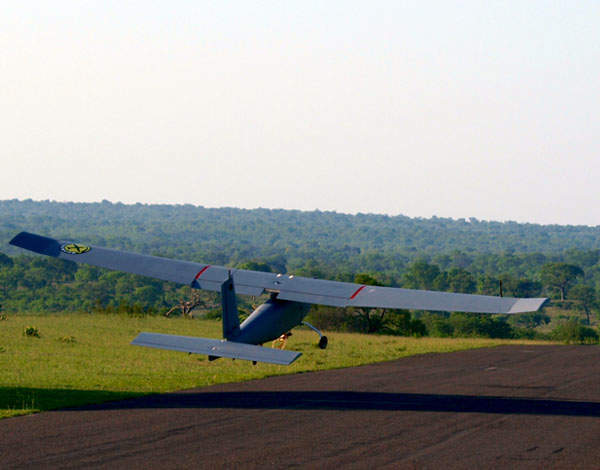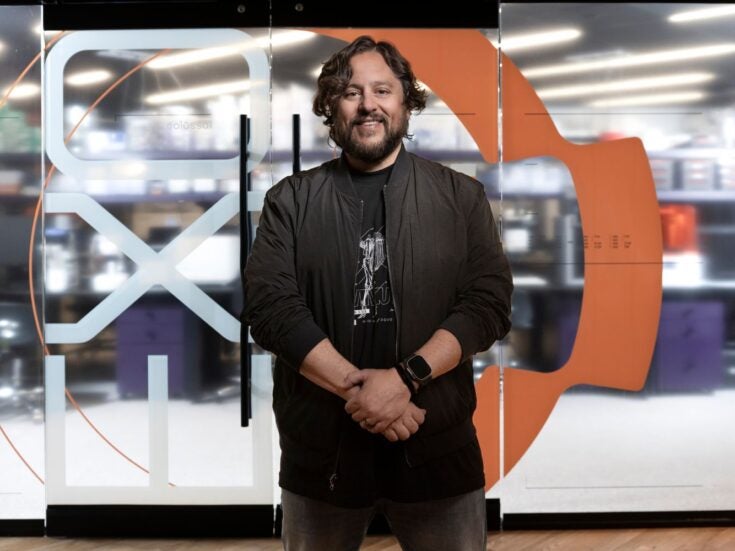

We’re familiar with drones for killing and for commerce (Obama and Amazon in that order – at the moment), but drones for good: that’s a new concept. Now social enterprise the ShadowView Foundation is using these unmanned aerial systems to prevent poaching in Africa’s parks and reserves.
Thanks to such diverse sources of demand as misguided consumers of primitive Asian ‘medicines’ and ivory-loving interior decorators, rhinos and elephants are consistent victims of poaching: there are only 25,000 rhinos and fewer than 700,000 elephants in Africa, according to the WWF. While some species are recovering thanks to smart action, threats ever loom.
One key funder of ShadowView is private-equity baron Rob Thielen. He came to ShadowView through Steve Roest, who was involved with Sea Shepherd, which you may have seen in its Discovery Channel show Whale Wars as it battled (and ultimately in court defeated) Japanese whalers, and who founded ShadowView.
Steve had, Thielen says, ‘a few friends who were all returning from Afghanistan, military drone operators, and he had this idea of using their skills with a commercial drone to actively monitor the wild parks and either avoid poaching that way or find poachers and help solve that problem’.
What ShadowView does is send out a drone to survey a park, and if the observation team spots poachers, rangers and park managers dispatch people to find them. Of course, with parks that can cover hundreds of thousands of acres and very few drones in operation, something like luck is needed too: to be flying over the right place at the right time. (Perhaps an aspect of deterrence aids.)
Thielen says ShadowView recently helped to arrest a group of poachers in Kruger National Park, South Africa. ‘It’s all, let’s say, small steps to containing a major problem.’
Appropriately, ShadowView are running two pilot programmes at the moment and can show a slight reduction in poaching activity. Some managers of test parks are so happy that they’re buying the drones from ShadowView and will train their own people. For those who can’t afford them full-time, there will be hourly hiring options and even donations of drone time and training.
I ask Thielen about another moving technological marvel of today: robotic cars. Could they be used against poaching? He is unconvinced. ‘Drones are relatively easy to run technologically because they are flying – there’s very little obstruction from the remote command post to the actual drone as it is in the air. With cars it is different because they drive on the land and that means you need a different sort of electronic steering from satellites, and for satellites to run things you need very different, expensive command posts.’Give it a decade or two though, he says.
Thielen hopes ShadowView can go some way to rescuing the poor reputation of drones, which are currently known for arms-length murders or deliveries from tax-avoiders. All we now need is a Buzzfeed piece on the top eleven photos of cats taken with drones and, thanks to ShadowView, their rehabilitation will be complete.







